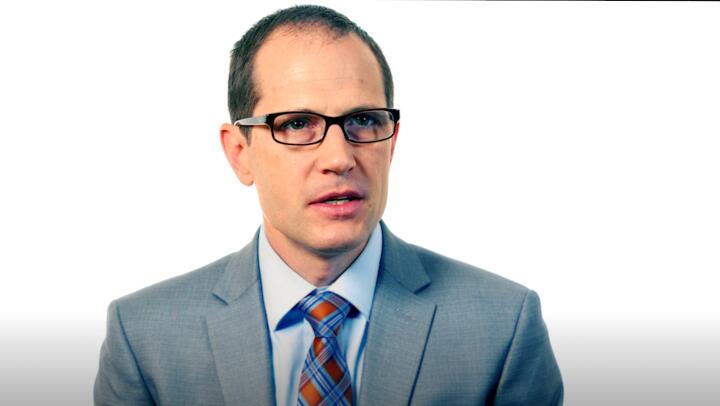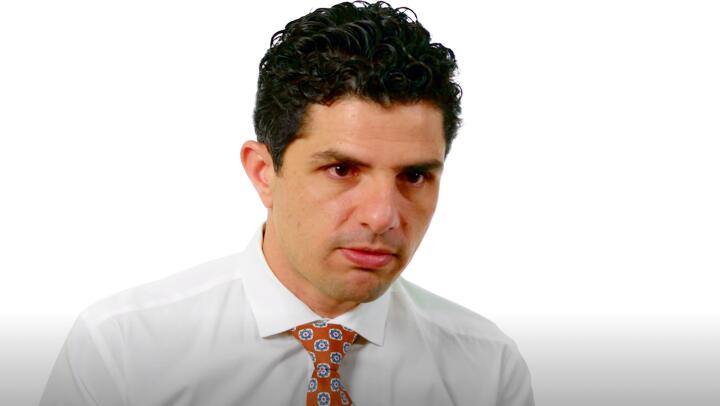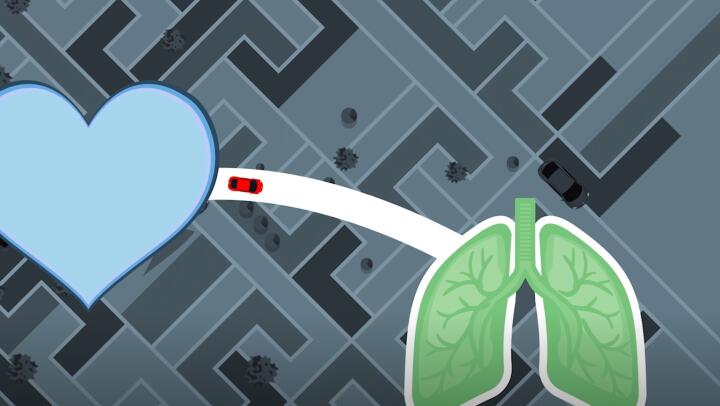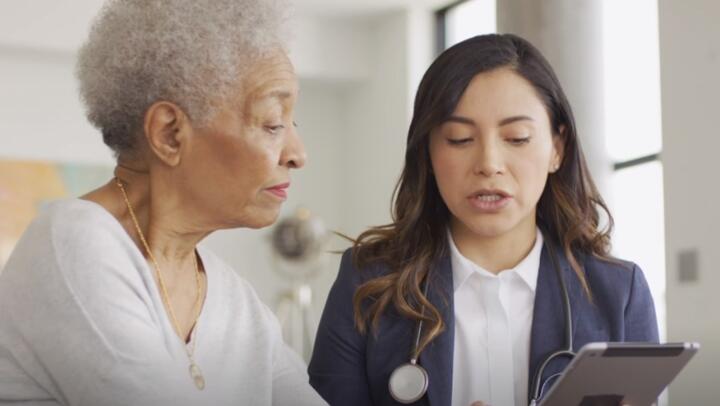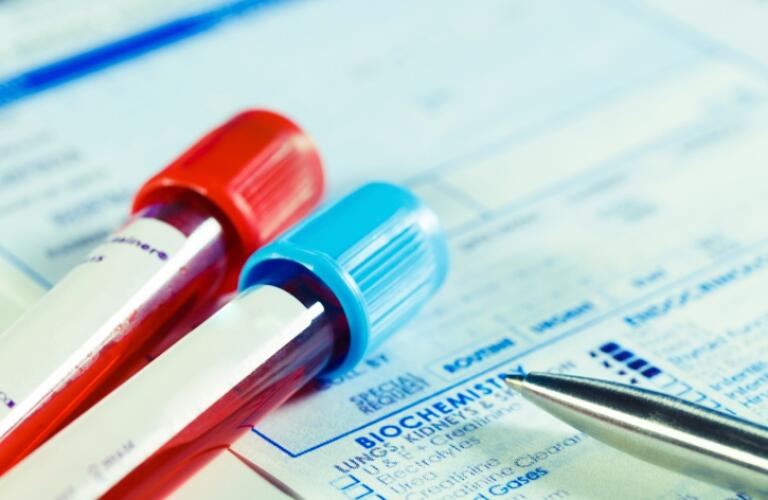
When a doctor orders a lipid panel--a test that measures cholesterol and triglycerides in the blood--we often focus on our cholesterol numbers. But knowing your triglyceride level is important, too. Like cholesterol, triglycerides are insoluble lipid particles that bind to lipoproteins to make them available for healthy cell metabolism.
Reducing excess triglycerides in the blood can lower your chance of developing diabetes as well as heart disease and other problems. And if you already have diabetes, keeping triglycerides under control can greatly reduce the chance of having a heart attack or stroke.
A Diabetes Risk Factor
Research shows that lowering triglyceride levels may help stave off diabetes, a serious condition that occurs when the body can't make the hormone insulin or use it well.
In a 10-year study of otherwise healthy men, researchers found that those with the lowest triglyceride levels were least likely to develop diabetes. In addition, men with high triglycerides who lowered them with healthy lifestyle changes had a diabetes risk that was similar to those who never had a triglyceride problem at all. The results were true even when controlling for diabetes risk factors such as blood pressure, physical activity, body mass index, family history, and more.
Experts don't fully understand the relationship between triglycerides and diabetes. However, they believe excess triglycerides can increase insulin resistance in some people. This is the body's inability to use glucose effectively.
The Metabolic Syndrome
A high triglyceride level is also a major risk factor for the metabolic syndrome. This syndrome is a cluster of disorders that often occur together, and it greatly increases the risk for heart disease, stroke, and diabetes. People are diagnosed with the metabolic syndrome if they have at least three of the following risk factors:
High triglycerides
Low levels of high-density lipoproteins (HDL, or "good," cholesterol)
Abdominal obesity, or having a large waistline
High blood glucose levels
The more risk factors a person has, the greater chance he or she will develop heart disease, stroke, or diabetes. A person with the metabolic syndrome is twice as likely to develop heart disease and five times more likely to develop diabetes than someone without it.
The Chicken or Egg Dilemma
The relationship between high triglycerides and diabetes isn't a one-way street. Although high triglycerides may increase the risk for diabetes, diabetes increases triglyceride levels, too. The two conditions are intertwined.
People with diabetes who have high triglycerides are at greater risk for heart attack or stroke than those with normal triglyceride levels. Abnormal levels of triglycerides are related to an increased chance of diabetes-related nerve damage.
This means that everyone--those with diabetes and those who want to prevent it--needs to keep tabs on their triglyceride levels. If yours is above 150 mg/dL, take steps to lower it. Your doctor can create a plan to help.





